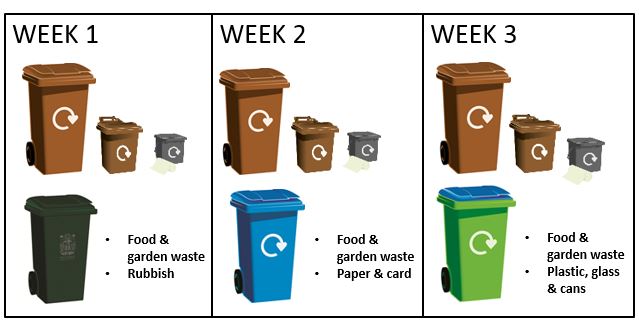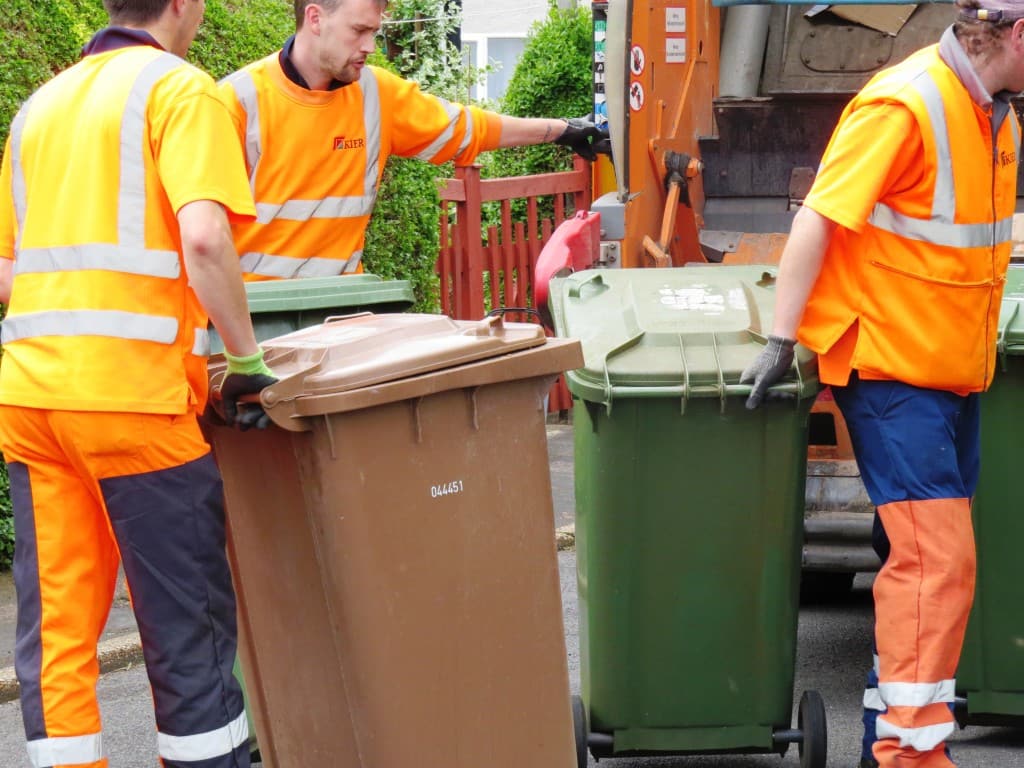Speaking at the annual LARAC recycling officers conference last week, Ms Punchard also said that the area’s 200,000 households had achieved a 59.4% recycling rate in the 2016/17 financial year. This was coupled with a budget underspend of £3 million.

Delegates heard from Neil Maver, waste and recycling programme delivery manager, at Rochdale borough council who revealed that the authority, which had a high level of deprivation, had achieved a 53% recycling rate with a three weekly residual waste collection service.
Dorset
The Dorset partnership area, is largely rural and has a higher than average elderly population. It has a budget for this year of just over £33 million and is on track, said Ms Punchard, to have an underspend of £1 million. Disposal costs in 2016/17 were £6.9 million consisting of 37,303 tonnes of waste sent for treatment (cost £3.8m) and 27,622 tonnes landfilled (cost £3.1m).
And, she noted that the services are also generating high levels of satisfaction.
Giving LARAC delegates examples of communications materials used in Dorset, the director revealed that a financial savings message had gone down well with residents. “We have introduced a wide range of campaigns including put the right stuff in the right bin message and the £1 million saving message has gone down well.”

The money-saving message tells residents: “We will save money for your households and your council and you will be protecting the environment”, explained Ms Punchard.
While most of Dorset’s residents are keen on recycling, there were poor performing areas, she noted. “We have targeted poor performing areas with a range of solutions including the introduction of doorsteppers visiting households and we have also replaced communal bin lids with different apertures.”
Bespoke solutions are also being introduced to areas with high levels of contamination of recyclable materials and flexibility includes introducing bag and box solutions to some terraced housing and where there is contamination, the director told the LARAC delegates.
Rochdale
Also speaking on top performing councils was Neil Maver with Rochdale an area that contrasted significantly with Dorset. He noted that while it had 212,000 residents it was the 17th most deprived council area in England with 32,000 terraced and 8,000 flats out of 94,000 properties.
The recycling rate in 2014/15 was just 33.39% and has now reached 53% in 2016/17. This sharp increase had also seen commingled contamination reduce to 6% and residual waste volumes fall by 26.5%.
Mr Maver explained the logic of the decision by the authority to go to three weekly collections for residual waste which included that “reductions in residual waste capacity would stimulate recycling.
“It is all about behavioural change and maintaining it. We have managed also to keep our recycling team and we also have a communications officer.”

Mr Maver explained how “no stone had been left unturned” when the authority made its service change and this including having “ground troops over every round, every day”.
In terms of contamination, he said that “an in-cab system is vital” and that crew engagement was also vital with a scheme to tag bins in areas with high contamination levels. “Now the crews are quite proud that they are getting low levels of contamination”.
Food waste
Results to date, said Mr Maver also included a rise in food waste collections of +400% while disposal costs had reduced by £1.33 million.
Some changes are being made to rounds because of problems that had arisen when they were on the same route as other households because of the different collection arrangements.
One tip Mr Maver gave to delegates was that where there was a high level of contamination from flats, the recycling bins could be placed further away “so that only those who can make the effort will use them and those who can’t be bothered will use the bins nearer to them.”









Subscribe for free